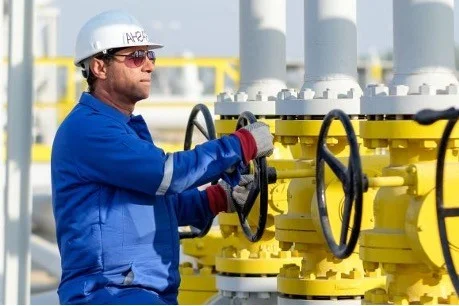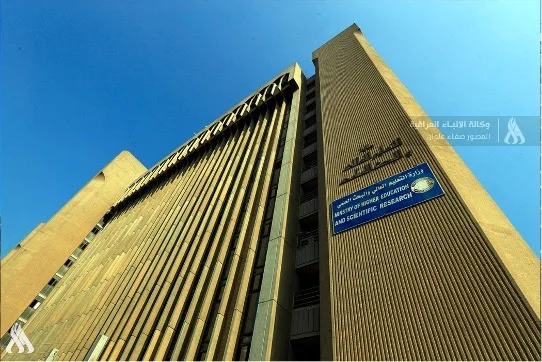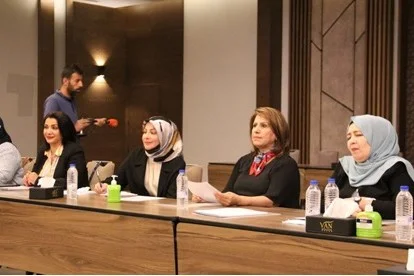One of the most prominent achievements of the Sustainable Development Goals 2030 in Iraq
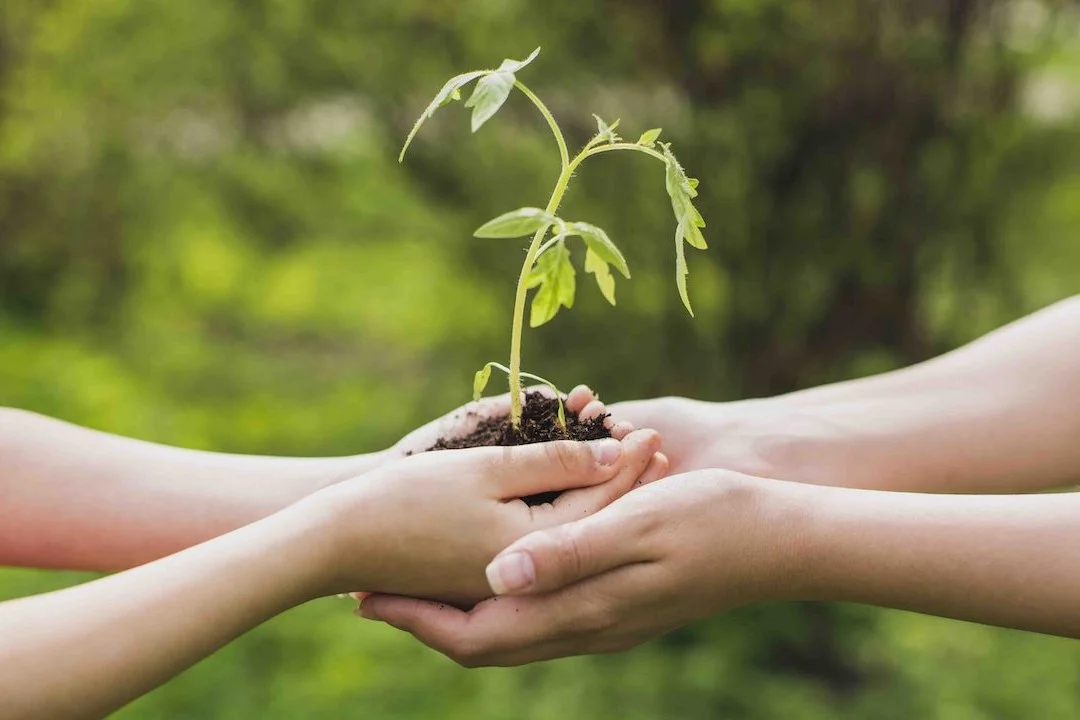
The basic principles of sustainable development, which are inclusivity, non-fragmentation, and eradication of poverty, have formed the fundamental pillars of Iraq’s vision and direction towards achieving the seventeen Sustainable Development Goals (SDGs). The vision for Iraq 2030 is to have a “possible human being in a secure country, a unified society, a diverse economy, and a sustainable environment that enjoys justice and good governance.”
There are many challenges that hinder the achievement of sustainable development goals or impede the progress of their indicators in Iraq. These challenges can be focused on as follows:
1. Population: The population in Iraq is increasing by more than one million people annually. In 2018, the estimated population was about 38 million, and it is expected to reach 53 million by 2030.
2. Economic Structure: The economy is dominated by rentierism, with crude oil exports accounting for around 90% of total exports. It employs only 3% of the workforce, which is a major obstacle to the employment of women and the poor.
3. Political Instability: Political instability revolves around the instability of the political system and the rotation of power within it.
4. Corruption: The corruption perception index revealed the failure of anti-corruption efforts in Iraq, as it scored 18 out of 100, ranking 168 out of 180 countries in 2018.
5. Reconstruction: The estimated material damages resulting from the war with terrorist groups in the seven provinces (Anbar, Baghdad, Babylon, Salah al-Din, Kirkuk, Diyala, Nineveh) in 2014 amounted to approximately 75,306 trillion Iraqi dinars, equivalent to 63.7 billion US dollars.
Iraq has a role in the success of achieving sustainable development goals, although the selected goals are compared to the reality of sustainable development in other countries. Iraq has achieved a higher score than the average in six out of the seventeen goals.
Starting with poverty, the increasing number of individuals in society who need to eliminate or reduce poverty in all its forms requires an integrated strategy, including strengthening social protection systems, providing decent employment, and building the resilience of the poor. In light of this, a national plan was developed for poverty alleviation in Iraq (2018-2022) that seeks to improve the conditions of the poor, whether through improving their income or enhancing their access to quality services. The strategy aims to reduce poverty by 25% by 2022. The highest poverty rate was recorded in Muthanna Governorate at 52%, while the lowest was in Sulaymaniyah Governorate at 4.5%.
Regarding health, the life expectancy at birth for males in 2018 was 71.7 years compared to 67.7 years in 2014, and for females, it was 75.6 years compared to 70 years in 2014. Iraq has also achieved a significant decrease in the infant mortality rate, which was 14 deaths per 1000 live births in 2018, compared to 60 deaths per 1000 live births in the 1990s.
In terms of education, higher education institutions have witnessed significant development in the use of new scientific colleges and the addition of modern buildings in most Iraqi universities. There are also private institutions and non-governmental organizations that play an important role in local community development. The public expenditure on education accounted for about 22.4% of the total government expenditure in 2019.
 Algeria
Algeria Bahrain
Bahrain Comoros
Comoros Djibouti
Djibouti Egypt
Egypt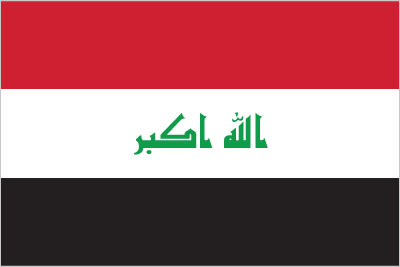 Iraq
Iraq Jordan
Jordan Kuwait
Kuwait Lebanon
Lebanon Libya
Libya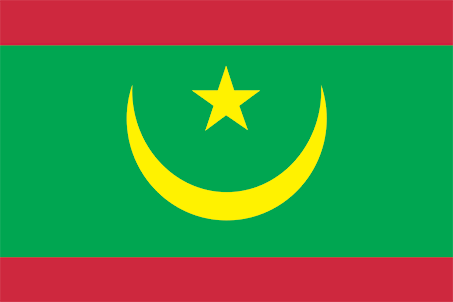 Mauritania
Mauritania Morocco
Morocco Oman
Oman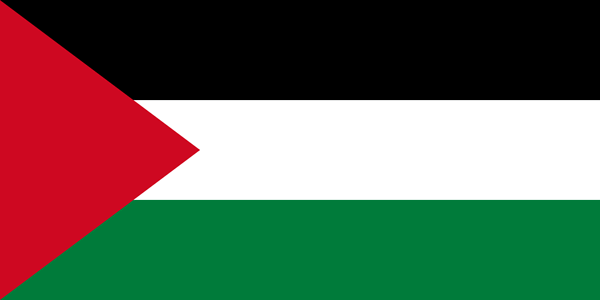 Palestine
Palestine Qatar
Qatar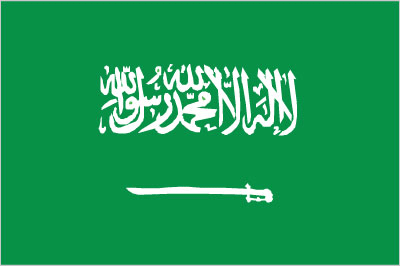 Saudi Arabia
Saudi Arabia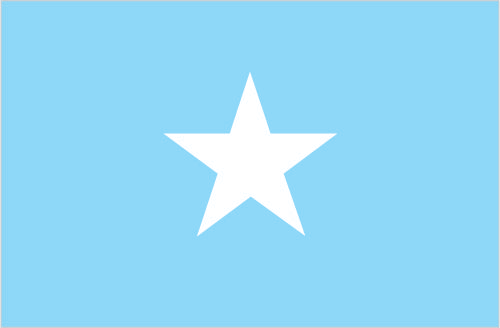 Somalia
Somalia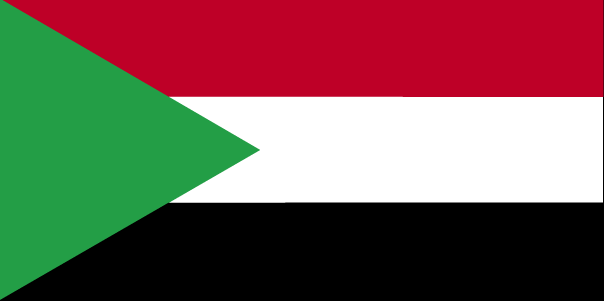 Sudan
Sudan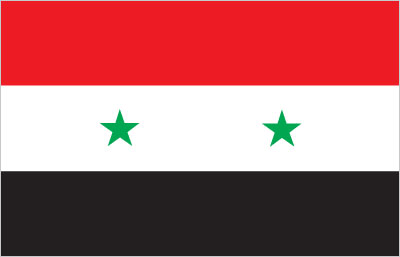 Syria
Syria Tunisia
Tunisia UAE
UAE Yemen
Yemen